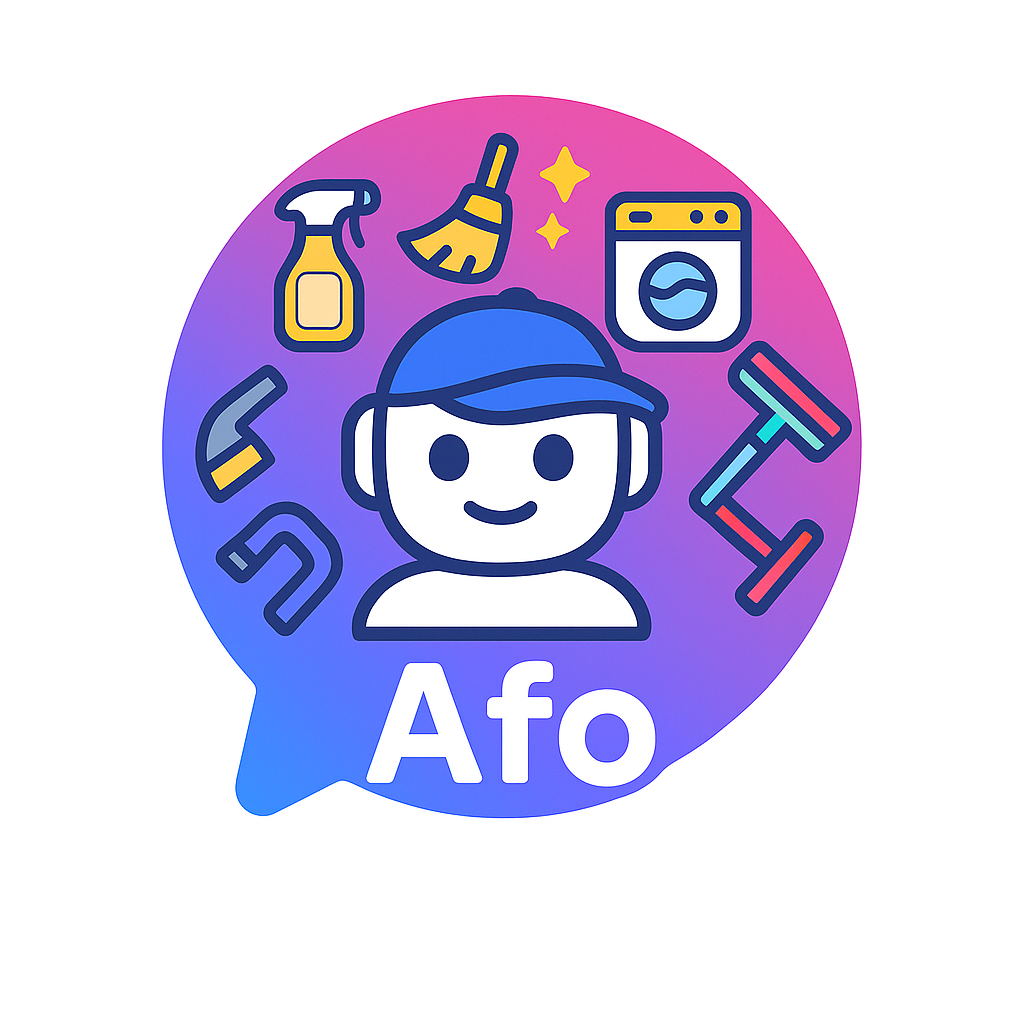afo blog
Why Fine-Tuned AI Assistants Are the Future
AI assistants have quickly become part of everyday life. From answering customer questions to helping with homework or organizing our schedules, they're everywhere.
AI assistants have quickly become part of everyday life. From answering customer questions to helping with homework or organizing our schedules, they're everywhere. But as users demand smarter, more personalized support, it’s becoming clear: not all AI is created equal.
Fine-tuned assistants—those trained and optimized for specific tasks or industries—are outperforming generic bots in ways that truly matter.
Here’s why fine-tuning is no longer a luxury, but a necessity.
The Problem with Generic AI Assistants
Most "out-of-the-box" AI bots can handle basic tasks. They can answer FAQs, offer simple guidance, and follow general instructions.
But when users have specific needs, these typical bots often fall short.
How Fine-Tuned AI Assistants Change the Game
Fine-tuned AI is carefully trained and customized to understand specific industries, tasks, and user expectations.
Instead of trying to be everything for everyone, these assistants specialize—and that’s exactly what makes them powerful.
Here’s what fine-tuning brings to the table:
Take Afo, for example.
Each Afo bot is fine-tuned to serve its audience with precision, expertise, and empathy.
The Bottom Line: Specialization Matters
In a world full of noise and half-answers, users crave relevance, expertise, and real help.
Fine-tuned AI assistants meet that need better than any generalist bot ever could.
Businesses that embrace fine-tuning are seeing higher engagement, better customer satisfaction, and real results.
And users? They finally feel like someone (or something) truly understands what they need—and knows how to deliver it.
Because when it comes to solving real problems, specific beats generic every time.
Fine-tuned assistants—those trained and optimized for specific tasks or industries—are outperforming generic bots in ways that truly matter.
Here’s why fine-tuning is no longer a luxury, but a necessity.
The Problem with Generic AI Assistants
Most "out-of-the-box" AI bots can handle basic tasks. They can answer FAQs, offer simple guidance, and follow general instructions.
But when users have specific needs, these typical bots often fall short.
- Vague Answers: General-purpose bots often respond with surface-level advice that doesn’t fully solve the user's real problem. Prompts must be very clear and specific to achieve the desired result.
- Lack of Expertise: Without proper set up in a particular area—whether it’s housekeeping or education—generic bots sound generic.
- Frustrating Experiences: Users are forced to rephrase questions, hunt for clearer answers, or give up entirely.
How Fine-Tuned AI Assistants Change the Game
Fine-tuned AI is carefully trained and customized to understand specific industries, tasks, and user expectations.
Instead of trying to be everything for everyone, these assistants specialize—and that’s exactly what makes them powerful.
Here’s what fine-tuning brings to the table:
- Deep Understanding: A fine-tuned assistant knows the specific language, challenges, and nuances of its field. Whether it’s recommending the right stain remover or optimizing a sales funnel, it doesn’t just guess—it knows.
- More Relevant, Practical Help: Instead of generic advice, users get guidance that actually works in real-world situations.
- Stronger User Trust and Loyalty: When an assistant consistently delivers value, users stop seeing it as a bot—and start seeing it as a trusted partner.
Take Afo, for example.
- Afo Housekeeping isn’t just a chatbot—it’s fine-tuned to handle real, everyday cleaning problems. It knows the difference between removing coffee stains from cotton vs. silk, and it provides advice accordingly.
- Afo Trip Planner doesn’t just suggest random destinations—it provides detailed, personalized travel plans that match your interests, optimize your itinerary, and make every journey smoother and more enjoyable.
- Afo Online Tutor helps students not with textbook answers but with real explanations, encouragement, and learning strategies designed to build understanding, not just spit out facts.
Each Afo bot is fine-tuned to serve its audience with precision, expertise, and empathy.
The Bottom Line: Specialization Matters
In a world full of noise and half-answers, users crave relevance, expertise, and real help.
Fine-tuned AI assistants meet that need better than any generalist bot ever could.
Businesses that embrace fine-tuning are seeing higher engagement, better customer satisfaction, and real results.
And users? They finally feel like someone (or something) truly understands what they need—and knows how to deliver it.
Because when it comes to solving real problems, specific beats generic every time.
From the Afo Blog
